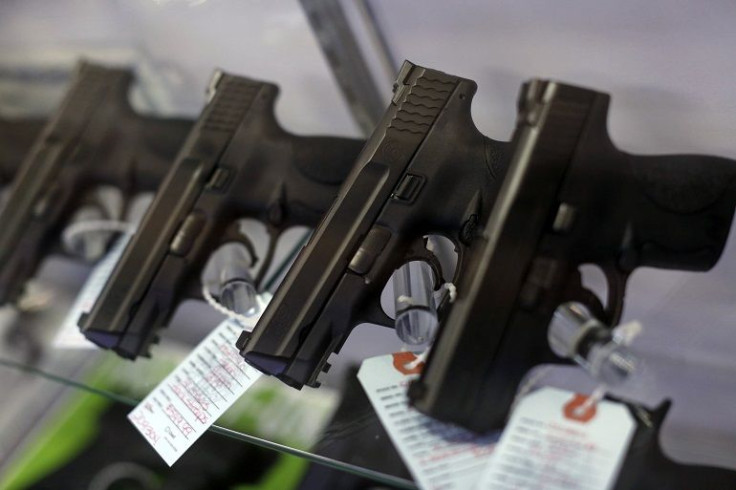The United States and the European Union have asked Brazil, Argentina, and Colombia to deploy weapons to Ukraine, but these countries have declined, said reports.
On Jan. 19, the commander of the US military's Southern Command (Southcom), which oversees operations in Latin America and the Caribbean, admitted that the US had been pressuring neighboring nations to arm Ukraine.
The US and EU have pressured Latin America to send weapons and military equipment to Ukraine.
— Ben Norton (@BenjaminNorton) January 29, 2023
Brazil, Colombia, and Argentina refused, instead calling for peace.
Many other left-wing governments in the region did the same, staying neutral.
More here: https://t.co/bnVOY6qqlS pic.twitter.com/quZn1BwMiw
According to Army General Laura J. Richardson, Southcom wants Latin American countries to "replace [their] Russian equipment with United States equipment – if those countries want to donate it to Ukraine."
But the left-leaning leaders of Latin America have declined, remaining impartial and calling for peace.
The socialist governments in Cuba, Venezuela, and Nicaragua attributed the conflict in Ukraine to NATO expansion and US intervention.
Progressive Mexican President Andrés Manuel López Obrador (AMLO) proposed holding negotiations to put an end to the crisis.
Additionally, the leftist governments of Bolivia, Honduras, and Brazil have all joined Colombia in rejecting to take part in the proxy conflict.
On Jan. 25, Germany made the massive escalation of the NATO proxy war against Russia official by announcing that it would send tanks to Ukraine.
Then Berlin requested that Brazil send Kyiv tank munitions. Lula da Silva, the newly elected left-wing president, however, declined.
The BRICS nations—Brazil, Russia, India, China, and South Africa—were founded by Lula. He has always advocated for a multipolar world and is in favor of regional integration and South-South cooperation. Lula has criticized Western nations for escalating the violence in Ukraine rather than promoting peace talks.
"How can the world’s largest economic power say that it has no milk for children after President Biden announced $40 billion to buy arms meant for the war in Ukraine?," Lula criticized the White House during his presidential campaign in 2022, reports Geopolitical economy.
"If I win the elections," Lula tweeted in August, "we will make an effort for dialogue to establish peace again. We are not interested in any type of war."
Gustavo Petro, the first-ever left-leaning president of Colombia, acknowledged that the United States had also put pressure on his nation to supply Ukraine with weaponry. But he declined, promoting peace instead.
Petro mentioned that Colombia had previously purchased Russian military hardware "for its own purposes inside the country," in remarks made at the Community of Latin American and Caribbean States (CELAC) summit in Buenos Aires on Jan. 24.
"We are not with anyone; we are with peace. That is why no weapon will be used in that conflict," Petro stated.
"The best that could happen to humanity is peace between Ukraine and Russia, and not prolongation of the war," the Colombian president tweeted.
"I will not help to prolong any war," he asserted, calling for "neither invasions nor blockades."
On Jan. 28, Chancellor of Germany Olaf Scholz traveled to Argentina. He requested there that military supplies be sent to Ukraine from President Alberto Fernández.
Instead of saying "Argentina and other Latin American countries do not aim to transfer weapons to Ukraine, or to any other crisis zone," Fernández clearly said during a press conference that he was declining. In spite of his criticism of Russia's invasion of Ukraine, Fernández urged for an end to the conflict and opposed further escalation.
As a result of Argentina's $44 billion debt to the IMF, which is dominated by the US, Fernández's administration has strengthened relations with China and Russia and joined Beijing's Belt and Road Initiative.
Argentina submitted an application to join the BRICS+ bloc. On China's invitation, it participated in the BRICS summits that were held virtually in 2022.

© 2025 Latin Times. All rights reserved. Do not reproduce without permission.



